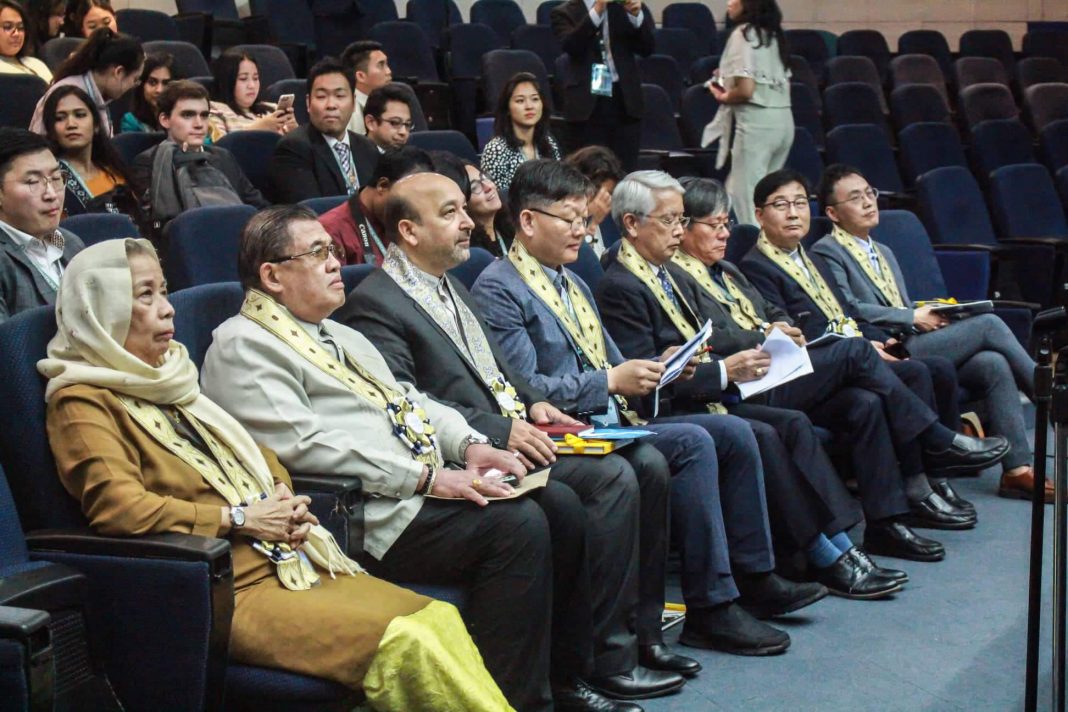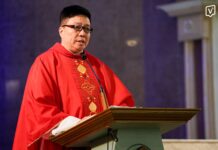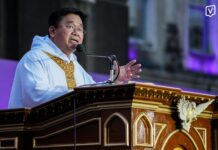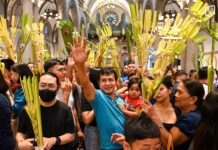THE YOUTH must be involved in social development through action and dialogue, speakers said in the opening ceremony of the 2019 Asia Interfaith Youth Camp last Nov. 27 at the UST Benavides Auditorium.
Hadja Salma Lourdes Mastura, president of the Asia and the Pacific Religions for Peace (ACRP), urged the youth to use their capabilities to help build their own communities.
“The youth, they are still full of ideals. This is the time more or less to build or have a mindset of what you want to do for [the] other. This is the time,” Mastura said.
In his opening remarks, Vice Rector for Religious Affairs Fr. Pablo Tiong, O.P. said the youth has a significant role in building a peaceful humanity.
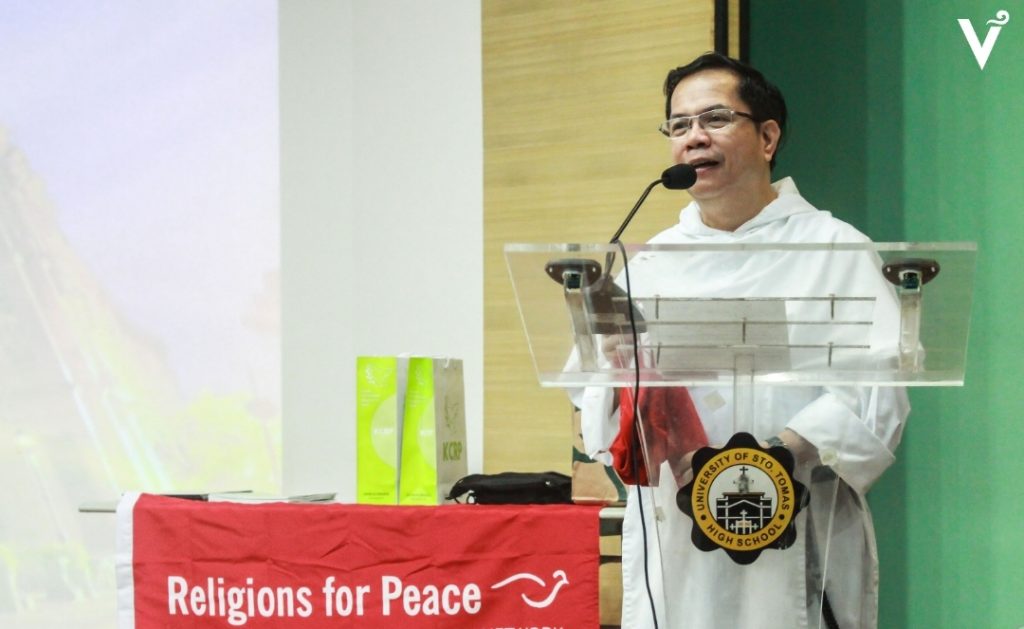
Renz Christian Argao, co-moderator of Religions for Peace Asia and the Pacific Interfaith Youth Network (RfP-APIYN) and UST psychology professor, said the youth must take the lead in addressing problems in their own communities.
“The aim… is for you to come back to your own national chapters, to your own communities and organization and actually do something based from what you’ve learned,” Argao said.
Raymond Naguit, chairman of the Youth for Mental Health Coalition and an alumnus of UST College of Medicine, said differences among communities should not be a hindrance to achieving sustainable development.
“[T]here can’t be development unless we settle these kinds of differences. I think there really has to be spaces talaga na mag-usap-usap kung ano [ang] mga concerns nila [and] what reservations they have, ” Naguit said in an interview with the Varsitarian.
Networks among religious denominations
Gasun Han, a South Korean co-moderator of RfP APIYN, emphasized the value of creating relationships, coming from her experience in dialogue with North Koreans.
“Unification is about co-existence and learning to live together. This is why relationship is a key factor in building peace,” she said.
Mastura said there was a need for the annual peace camps and continuous dialogue among nations and religions.
“We have to meet one-on-one with different faith communities, so that when we get to know each other, we will learn to love each other, because you don’t love someone you don’t know,” Mastura told the Varsitarian.
The theme of the peace camp is “Fostering Shared Well-Being: Empowering Asia-Pacific Towards Common Actions.” It was organized by the APIYN executive committee in coordination with the UST Office for Students Affairs and UST student leaders.
Eighty international and local delegates including Christians, Muslims, Buddhists and Hindus, joined the camp. N.A.D. Sabate


